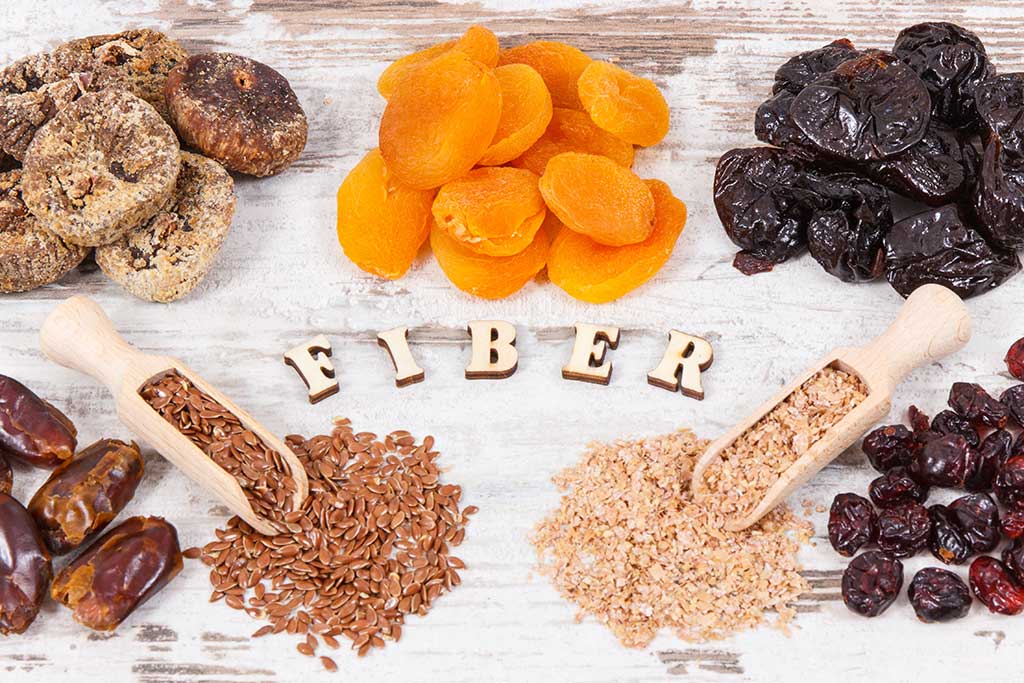You might say you don’t have time for fiber in your diet. However, it really is critical that we all eat foods that contain fiber or risk developing several serious health problems.
The Role Of Fiber
It provides us with many health benefits, but it also has a significant role to play in our overall well-being. Here are reasons why fiber is so important:
- Fiber helps regulate blood sugar levels.
- It keeps us full and satisfied for more extended periods of time.
- It helps to prevent constipation and other digestive issues.
- It can help reduce the risk of heart disease and other chronic diseases.
- It supports cognitive function and healthy brain development.
- It can help improve sleep quality and duration throughout the night.
- It can promote weight loss by helping you feel fuller after eating smaller portions, as well as helping you reduce your caloric intake overall.
Why You Need More Fiber As You Age?
Our intestines can become less efficient in absorbing nutrients and fiber as we age. This can lead to a number of issues such as constipation, hemorrhoids, and even cancer. Dietary fiber is essential for good health and can help to regulate blood sugar levels, among other things. Fiber is the “fiber of life.” A high-fiber diet has been linked with a longer life expectancy. So why are we seeing an increasing number of older adults struggling with chronic diseases? Our intestines just don’t function as well as they used to. And that’s where dietary fiber comes in. Fiber helps to clean out your intestines and keep them functioning optimally. So adding more fiber to your diet may be one of the best things you can do for your health as you age!
How To Increase Your Fiber Intake
Fiber is found in many plant-based foods, including fruits and vegetables, whole grains, legumes, nuts, and seeds. It helps keep your bowel movements regular and regulates your blood sugar levels. Here are three ways to increase your fiber intake:
- Eat plenty of fruits and vegetables. A diet high in fiber can help improve bowel regularity by filling you with food that isn’t processed or refined. Aim for at least 25 grams of fiber per day from fruits, vegetables, and whole grains.
- Drink more water. An easy way to increase your fiber intake is to drink more water. Drinking eight glasses of water a day can help improve digestion, relieve constipation, and reduce the risk of heart disease, stroke, and other chronic conditions. Add a splash of lemon or lime for added flavor and health benefits.
Consider supplements. Supplementing with fiber can be a great way to increase your intake, and there are many different options available. Some accessories that can help increase fiber intake include psyllium husks and soluble fiber capsules. Psyllium husks are an excellent source of fiber, as they are both bulkier and more complex than other forms of fiber. Soluble fiber capsules can also be a perfect way to increase your intake of this critical nutrient, as they dissolve in water and are easy to take on the go.







